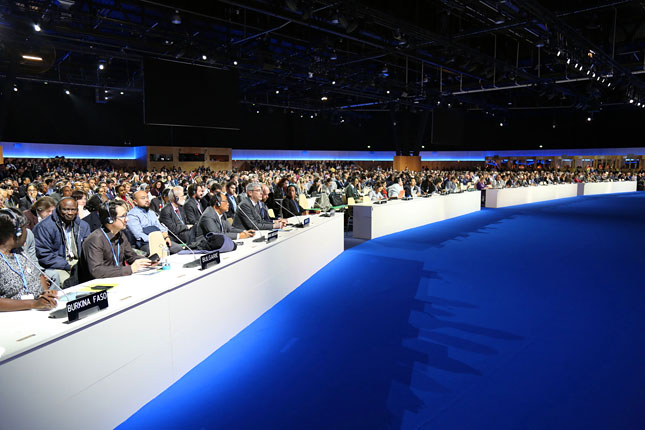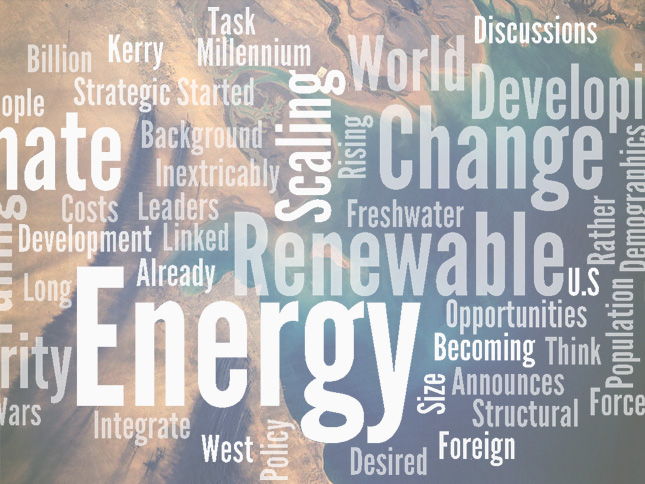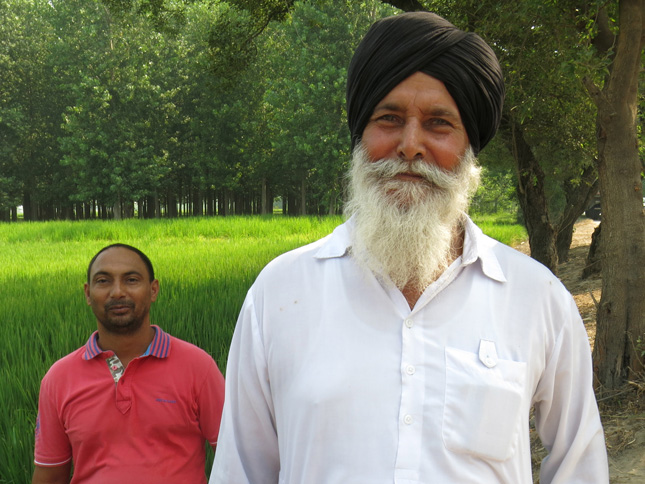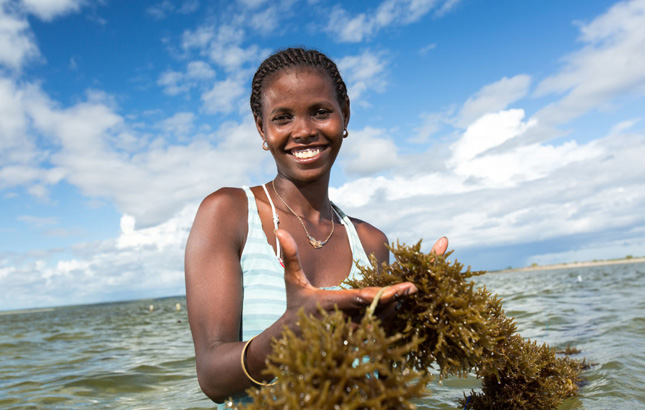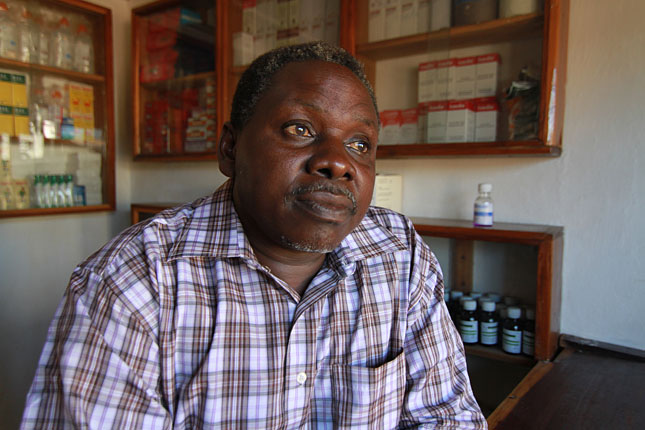-
The U.S. Asia-Pacific Rebalance, National Security, and Climate Change (Report Launch)
›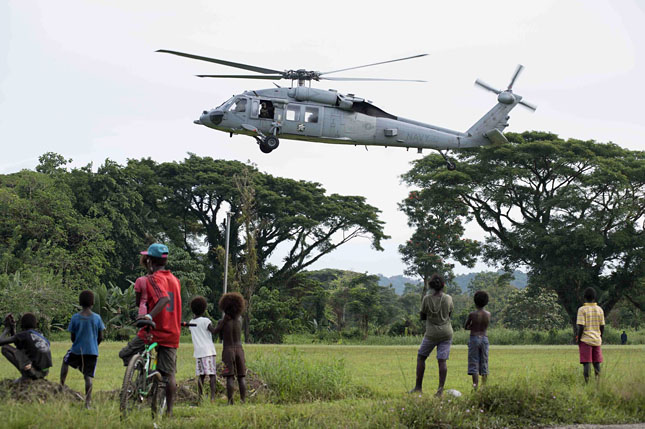
In the hierarchy of global and national security challenges, climate change comes out near the top, said a panel of distinguished defense, diplomacy, and intelligence leaders at the Wilson Center on November 17. [Video Below]
-
In Morocco, a Microcosm of What Leads Many to Leave Their Home Countries
›Global attention is understandably focused on Syrian refugees, but the migration crisis in Europe is part of a bigger trend that climate and social scientists have been warning about for years.
-
The Long Tail of Paris and What to Watch for Next
›December 4, 2015 // By Schuyler Null
The most important and anticipated climate change conference in years is finally underway. In some ways, as Bill McKibben and Andrew Revkin have pointed out, its success is relatively assured thanks to the number of major commitments countries have already made. But that doesn’t mean there’s nothing to see here. “The conference isn’t the game – it’s the scoreboard,” writes McKibben. To extend the metaphor even more, you might call it the league scoreboard, giving us a glimpse of many different storylines playing out.
-
Top 10 Posts for November 2015
›
As the Paris Conference of Parties drew near, climate change was on the mind in November. Five of the six most-read stories touched on climate change in some way.
-
Lisa Palmer, Yale Climate Connections
Learning From India’s “Climate-Smart” Farming Villages
›December 2, 2015 // By Wilson Center Staff
Joginder Singh, a 68-year-old farmer in the village of Noopur Bet in Punjab, is among the thousands of farmers in India trying to reconcile the risks posed by a changing climate with their need to improve crop yields to support their families.
-
Vik Mohan, Blue Ventures
Climate-Resilient Development? We’re Doing It Already!
›December 2, 2015 // By Wilson Center Staff
As the UNFCCC Conference of the Parties (COP) gets underway in Paris, #resilience appears with increasing frequency on my Twitter feed, and I frequently hear talk about “socio-ecological resilience,” “climate-resilient development,” and “resilience programming.”
-
Rethinking Business As Usual: Leveraging the Private Sector to Strengthen Maternal Health
›In 2013, nearly 300,000 women died during pregnancy and childbirth. The majority of those deaths were in developing countries and entirely preventable. 500 dollar loan. Much of the effort towards reducing this number has been focused on what governments should do differently, but the private sector plays just as important a role as the public sector, said a panel of experts at the Wilson Center on September 17. [Video Below]
-
The ECC Factbook Illustrates How the Environment Can Contribute to Peace and Conflict
›In his speech on climate change and national security on November 10, Secretary of State John Kerry said climate change is already a “threat multiplier,” and that worse is to be expected if climate change continues unchecked. But the relationship between the environment and violent conflict is complex and often indirect. Researchers have been wrangling for years over the role that global environmental change plays in fueling conflict and state fragility.
 A Publication of the Stimson Center.
A Publication of the Stimson Center.


